Explore
Search results


Today race is a more prominent and intransigent problem than ever.
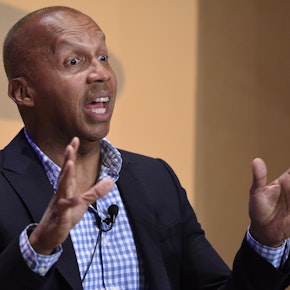
As the US continues to grapple with issues of race, history is proving to be an invaluable tool to underscore and discuss uncomfortable truths still governing the difficult dynamics of race in America. How can history help us face and overcome such uncomfortable truths? How can history help slay our ignorance?


Bryan Stevenson, founder and director of the Equal Justice Initiative, speaks with Harvard President Drew Gilpin Faust about his organization’s efforts to build a museum examining the legacy of slavery, racial terrorism, segregation, and police violence.
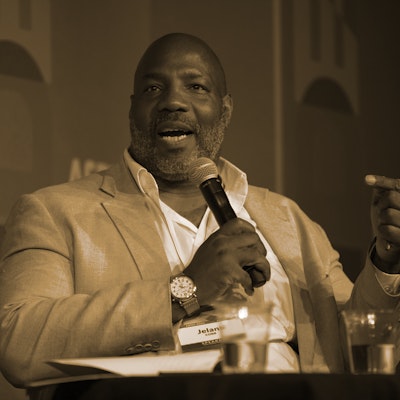

Today race is a more prominent and intransigent problem than ever.

Writer Thomas Chatterton Williams on the moment his understanding of race shifted and what we need to unlearn to be truly anti-racist.


How does "color blindness" affect social policy and racial oppression?


Antibodies, convalescent plasma, gene-based vaccines — you may have heard these terms on the evening news, but what do they mean? How might they help in the battle against Covid-19?


How does the dialogue on race continue?

In far too many instances, municipal courts are the first step on the road to ruin—especially for poor people—thanks to the combined effects of the courts’ relentless need for revenue, lack of lawyers (or inadequately trained attorneys for the accused), and fines and fees that send the poor to modern-day debtors' prisons. Learn the devastating effects of widespread municip...


What are the ways in which people are viewing voting through the lens of race?

Atlanta-based defense attorney and #BillionDollarLawyer Drew Findling discusses the intersection of criminal justice, race, and hip-hop. These issues, common themes in hip-hop music, reflect deeply rooted societal schisms which play out endlessly in the collateral consequences of criminal conviction and mass incarceration. This session will explore how recent events like M...

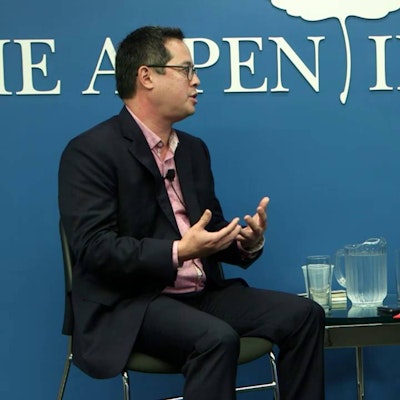
Author Jeff Chang says America has slid back toward segregation.
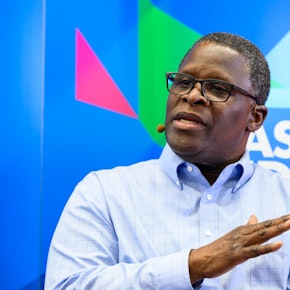
Join W.K. Kellogg Foundation and racial-healing practitioners for a discussion on how to have sensitive conversations about race so that everyone feels seen, heard, respected, and welcome to participate. This session will help participants examine the impacts of racism, individually and collectively, while considering what it takes to create a shared vision for an equitabl...

Racial segregation and uneven access to opportunity are powerful obstacles to upward mobility in the US, contributing significantly to health inequities, as well as to gaps in income, education, and employment. In 70 of the 100 largest US metropolitan areas, more than half the black or white residents would need to move in order to integrate the area, according to the Broo...

Thanks to the genius of biochemists such as Jennifer Doudna, who’s credited with the co-discovery of CRISPR, our biggest scientific advances in the near future may easily come by way of the genome-editing technology. CRISPR enables scientists to change or remove genes quickly, with a precision only dreamed of just a few years ago. But just how far are we willing to go to e...

Attracting, developing, and retaining talent has been a hallmark of American economic strength for decades. However, in the first decades of the 21st century, the combined impacts of recession, slow recovery, and globalization on some sectors alongside rapid advances in technology in others is challenging our ability to keep our workforce current with the demands of the la...

Race has divided our country since colonization, with some calling slavery America's original sin. The history of the US, from the Civil War to Jim Crow and Black Lives Matter, is defined as conspicuously by racial strife as it is by great achievements. So what does racial progress actually mean in practice? How can political, business, and community leaders confront the t...

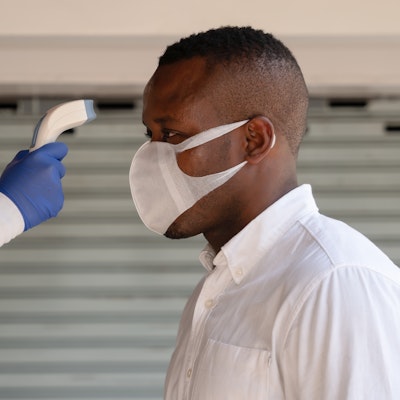
Black people are 3.5 times more likely to die of the coronavirus than white people. Why is this?


The coronavirus crisis is impacting poor, low-income, and people of color disproportionately.
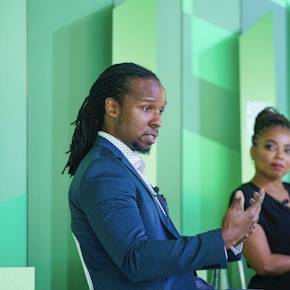
Two weeks before the first woman of color became Vice President, an angry mob that included members of the white supremacist group Proud Boys, stormed the US Capitol. As Ibram X. Kendi puts it, “we’re engaged in this struggle between two forces: racial progress and racist process.” Watch recent conversations that offer ways to recognize, reckon with and repair societal rac...





